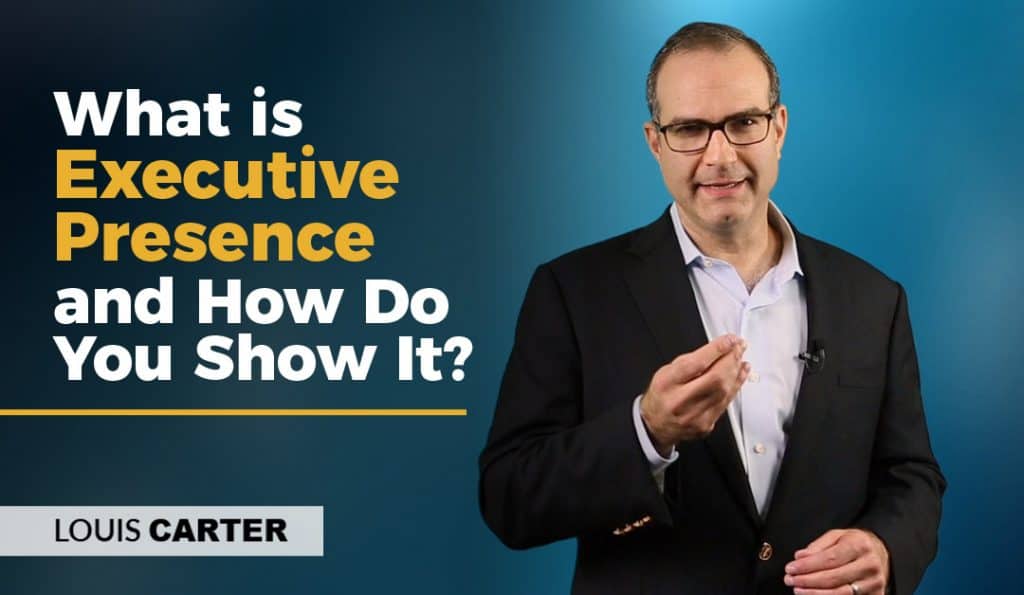
What makes teams and individuals thrive? This engaging podcast episode features two insightful guests who delve into the core elements of high performance and personal
See the Big Picture—From the C-Suite Down Great leadership starts at the top—but it’s rarely seen from only one angle. CEOs and senior executives navigate

A New Era Begins with Skillrater’s Patent Filing In a move that signals a transformative shift in how businesses approach feedback and performance evaluation, Louis


1. From Breakneck to Breakthrough: HR’s Digital Acceleration Just when we thought HR’s evolution had hit top speed, the industry shifted into an even higher

Why employee productivity depends more on respect than on free snacks.

1. From Crisis to Comeback: The Moment García Took the Helm A decade ago, César García stepped into IRIS International and found a company teetering
Organizational change often fails, not because of poor ideas, but because of emotional resistance and misalignment. At Louis Carter, we help you tackle the human side of change head-on. From silos to fear of the unknown, we identify what truly holds your team back and replace resistance with purpose. Our proven methodology empowers leaders to create emotionally connected, high-performing workplaces where change isn’t feared, it’s embraced.


What is facilitative leadership? Is it an underrated way to lead? It could be because facilitation and balancing various viewpoints is often seen as a neutral position. Having a neutral position does not undermine the

I have seen many intelligent and hardworking leaders with good intentions become lazy. Such leaders do not shy away from performing their duties but they seldom exhibit the qualities that make a good leader. Moreover,

Directive leadership is one of the more common leadership styles, where the leader instructs his followers precisely what to do and how to do it. Although it is one of the most common leadership styles

As a leader, how often do you find yourself being the smartest person in the room? Is it sometimes, most of the time, or is it never? I often wonder what qualifies someone to be

While conventional forms of leadership are all about control, servant leadership places the needs of other people first and looks to transfer some of the power to them. A term coined by Robert K. Greenleaf

In recent times, within business circles, the “participative leadership” concept has become a catch-phrase. If you follow company blogs about leadership, then you have most likely come across several posts and articles that discuss this

Have you ever known a person who exudes leadership qualities the moment they walk into a room? You instinctively know that this individual is in control when they begin talking, but why do you feel

Laissez-faire is a French word that translates into English as “leave alone“. This implies letting things thing happen without any interference. Therefore, a laissez-faire leader would be someone with a “hands-off” approach to managing and

Each style of leadership has a specific focus area. For example, some forms of leadership, such as democratic leadership, emphasize people’s growth while others, like bureaucratic leadership, are focused on existing structures and hierarchies. However,

A blame culture manifests when employees pass responsibility to others for mistakes or lack of accountability. Blame cultures reinforce themselves when managers blame direct reports or lower level employees rather than taking responsibility themselves. Taking